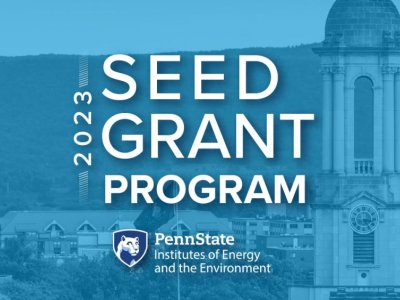
Decreasing the concentration of CO2 in the atmosphere is a global concern, yet it remains one of the most challenging processes in contemporary science. The project will employ a robust combination of computational techniques to design a novel class of earth-abundant iron-based sulfide catalysts for CO2 conversion under moderate conditions. The computational design of the sulfide nanoparticles is inspired by primordial catalysts and by the active sites in contemporary biological systems, which are tailored to the complex redox processes in the conversion of CO2 to biomass. This cross-disciplinary project, which links fundamental materials chemistry with computational science and sustainable energy research, will harness the power of sophisticated computational techniques to elucidate the atomic, electronic, and magnetic structures of a series of promising Fe-S materials, and determine their surface reactivity and catalytic behavior as a function of size, shape, and composition. The successful emulation of nature and conversion of CO2 into fuels and fine chemicals under moderate conditions would have obvious enormous environmental benefits. Additional benefits include the training of graduate and undergraduate students through participatory research opportunities and laying the foundations for potentially transformative research proposals.
Researchers
Nelson Yaw Dzade
Ismaila Dabo







